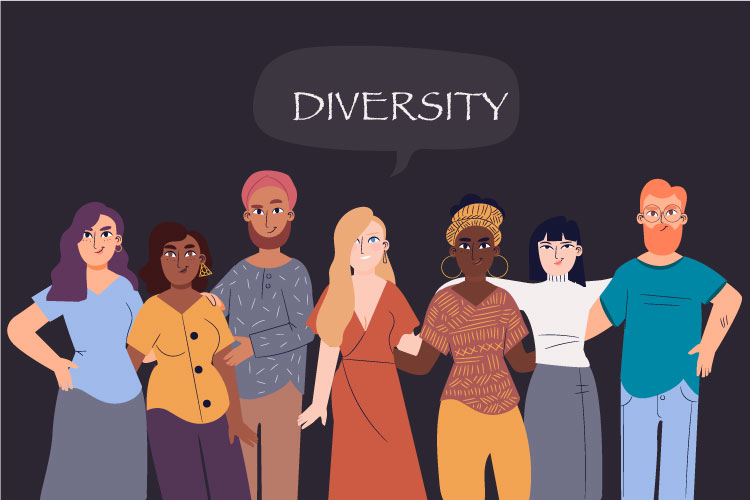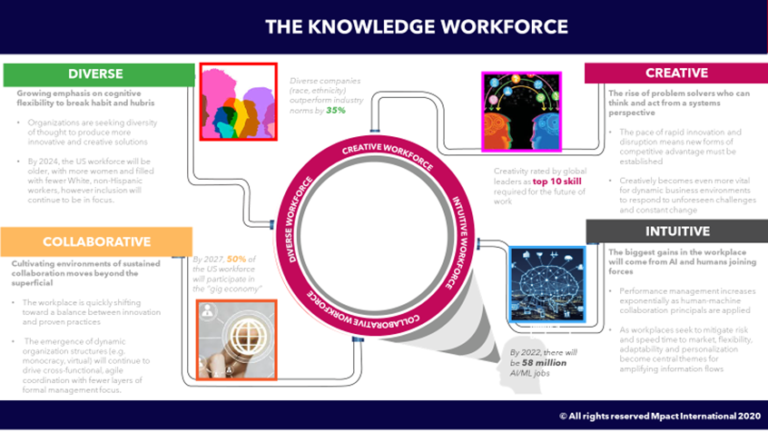Microaggressions and Psychological Safety
Microaggressions are everyday verbal, nonverbal, and environmental comments, interactions, or behaviors that, whether intentional or unintentional, target members of marginalized groups. The intent is to ascribe judgment about what is normal, who belongs, and who is included. In the context of workplaces, when these occurrences go unchecked, they can lead to decreased productivity, less diverse thinking, dramatically lower inclusion, and reduced performance. They can also impact the mental health and overall feelings of psychological safety among team members.
Microaggressions are used to Disrespect, Otherize, show Dominance over, and Exclude individuals. As a result, we sometimes refer to them as DODEs. DODEs are insidious because they are often hard to spot and can leave targets feeling uncertain about how to address them. The behaviors also put an unfair onus on members of a targeted group to speak up and address ambiguous situations. This often leads to a second job of dealing with or brushing off the aggressions. A little-discussed fact is that the work of dealing with these DODEs leads to higher attrition or seeking teams that are more welcoming.
For organizations that seek to build inclusive and psychologically safe spaces, it is important to understand how to recognize microaggressions and to encourage speaking up in order to uproot the behaviors. Below are some examples of microaggressions and the underlying message or assumptions each makes about groups or individuals.
Sample Microaggressions
| TYPE | MICROAGGRESSION | MESSAGE |
| Origin | Where are you from? What are you? You have an accent. Your English is so good. | You are a foreigner You don’t belong You are not American Your heritage is not normal |
| Intelligence | You are so articulate. I bet you are good in math. I’m surprised you like science. | It is unusual for members of your group to be intelligent People of certain groups are more or less intelligent |
| Color Blind | I don’t see race We are a melting pot I don’t see you as black | You are invisible Your experience or identity doesn’t matter You should assimilate to the dominant cultural norms |
| You Are a Threat | Following customers based on race or ethnicity Clutching purse or wallet | You are dangerous You will steal You can’t be trusted |
| Meritocracy | We will hire the most qualified person How did you get into this school? | You don’t deserve to be here You are not as worthy |
| Cultural Stereotyping | You don’t know how to speak Spanish? You don’t like rap music? Why don’t you speak up more? | You should assimilate You are not an individual |
| Preferential Treatment | Being ignored or talked over Having ideas be undervalued | You are not respected Your ideas have less merit/can be dismissed |
| Structural | Buildings named after only White leaders Recognized work holidays | You don’t belong You are an outsider Your traditions are invisible |
| Ability | A blind person is treated as if they can’t hear or speak Expecting people in wheelchairs to lookup Refusing to use a microphone so all can hear | You are inadequate Your voice doesn’t matter You are invisible |
| Gender and Heteronormality | Being forced to choose male or female on forms Use of “he” when speaking of leaders Assuming a spouse is of the opposite gender Labeling women as bossy | Assumes gender is binary Implies men are the only leaders I don’t recognize your marital status You are not normal Assertive women are different or not normal |






